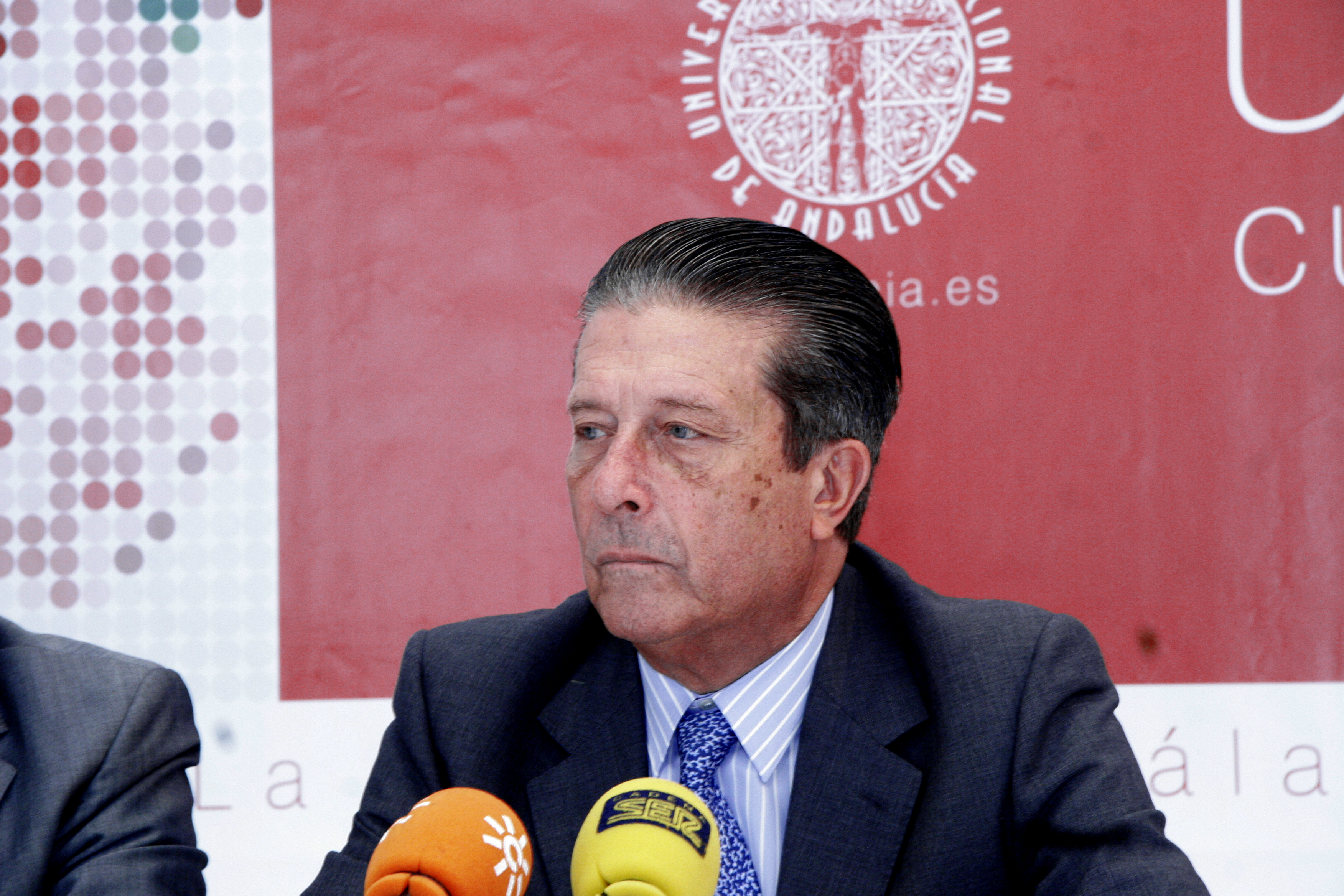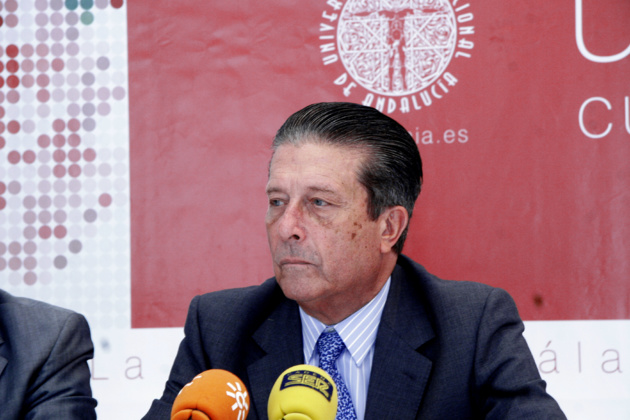The UNESCO Chair in Linguistic Technologies (TECLIN) of the Polytechnic University of Madrid has been presented today with the presence of the rector of the UPM Carlos Conde, the former general director of the UNESCO Federico Mayor Zaragoza, and the director of the Chair professor Jesús Cardeñosa, among other personalities. Many representatives from various Latin American universities have attended the ceremony, in particular from Chile, Ecuador, Brazil, and Argentina, tells Tendencias21.
The Chair TECLIN centres its activities in Linguistic Engineering, childhood education, illiteracy, cultural diversity, multiculturalism, and technology transfer, but specially in the protection of the communities and the languages in danger of disappearing. Cardeñosa has explained that the activities will be carried out at least during three years, extendable up to 7 years.
The origin of the Chair, has told the professor, “was very curious. I thought about it while reading some documents produced by the UNESCO, which talked about the influence of the teaching in remote zones. In particular, the Inuit case was very remarkable: it was the first time that cultural and linguistic harassment were documented to be liable to make an ethnic group disappearing. However, the use of the native language in childhood education reverts this situation”. Cardeñosa, who had too many relations with Latin America, thought that there were a lot of similar cases, as that of the Chilean Mapuches.
In order to face this problem, it is necessary to provide, according to Cardeñosa, “many kinds of people and technology.” For this purpose, apart from the Chair, the UPM is working on the International Master in Linguistic Technology. The Chair has two more objectives: to transfer technology and to look for social applications.
The Chair TECLIN centres its activities in Linguistic Engineering, childhood education, illiteracy, cultural diversity, multiculturalism, and technology transfer, but specially in the protection of the communities and the languages in danger of disappearing. Cardeñosa has explained that the activities will be carried out at least during three years, extendable up to 7 years.
The origin of the Chair, has told the professor, “was very curious. I thought about it while reading some documents produced by the UNESCO, which talked about the influence of the teaching in remote zones. In particular, the Inuit case was very remarkable: it was the first time that cultural and linguistic harassment were documented to be liable to make an ethnic group disappearing. However, the use of the native language in childhood education reverts this situation”. Cardeñosa, who had too many relations with Latin America, thought that there were a lot of similar cases, as that of the Chilean Mapuches.
In order to face this problem, it is necessary to provide, according to Cardeñosa, “many kinds of people and technology.” For this purpose, apart from the Chair, the UPM is working on the International Master in Linguistic Technology. The Chair has two more objectives: to transfer technology and to look for social applications.
Beginning in America
The aim is to begin in Latin America, and then extended to the rest of America, Europe, and the rest of the world, promoting the creation of technological companies, which, in addiction, can support majority and commercial languages.
On his behalf, the former general director of the UNESCO, Federico Mayor Zaragoza, has stood out the labour carried out by the aforementioned organization, created after the World War II, and has also stated that language allows us "to express our emotions, to share our feelings" with our fellows. "As I have been told recently by a writer ‘for me, living is writing’.”
He has also valued the importance of education. According to the UNESCO, “those well-informed are those who are free and responsible.” He has bet for a more humanist education, and for a less economicist one, and for avoiding that linguistic disappearance processes reach points of no return.
Chairs as TECLIN will allow for researching, that is to say, for “seeing what others do not see and thinking about what nobody has thought about.”
Read the report of the Inauguration Ceremony in Tendencias21
The aim is to begin in Latin America, and then extended to the rest of America, Europe, and the rest of the world, promoting the creation of technological companies, which, in addiction, can support majority and commercial languages.
On his behalf, the former general director of the UNESCO, Federico Mayor Zaragoza, has stood out the labour carried out by the aforementioned organization, created after the World War II, and has also stated that language allows us "to express our emotions, to share our feelings" with our fellows. "As I have been told recently by a writer ‘for me, living is writing’.”
He has also valued the importance of education. According to the UNESCO, “those well-informed are those who are free and responsible.” He has bet for a more humanist education, and for a less economicist one, and for avoiding that linguistic disappearance processes reach points of no return.
Chairs as TECLIN will allow for researching, that is to say, for “seeing what others do not see and thinking about what nobody has thought about.”
Read the report of the Inauguration Ceremony in Tendencias21



 English
English



